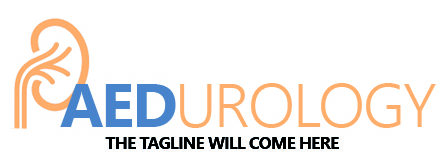Nocturnal enuresis, also called bedwetting, is involuntary urination while asleep after the age at which bladder control usually occurs. Nocturnal enuresis is considered primary (PNE) when a child has not yet had a prolonged period of being dry. Secondary nocturnal enuresis (SNE) is when a child or adult begins wetting again after having stayed dry.
Urinary incontinence (UI), also known as involuntary urination, is any leakage of urine. It is a common and distressing problem, which may have a large impact on quality of life. It is twice as common in women as in men. Pregnancy, childbirth, and menopause are major risk factors. It has been identified as an important issue in geriatric health care. Urinary incontinence is often a result of an underlying medical condition but is under-reported to medical practitioners. Enuresis is often used to refer to urinary incontinence primarily in children, such as nocturnal enuresis.

